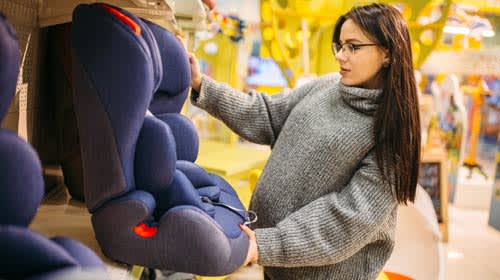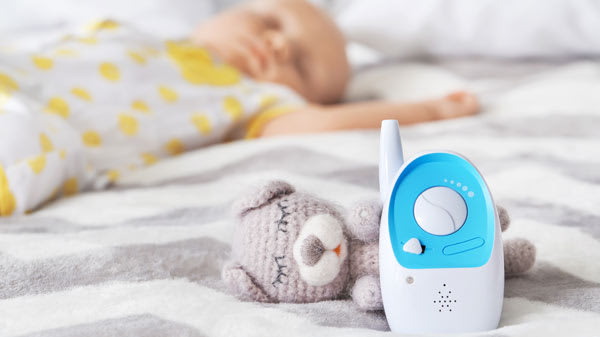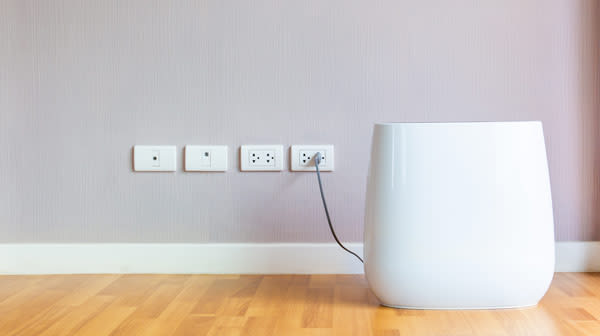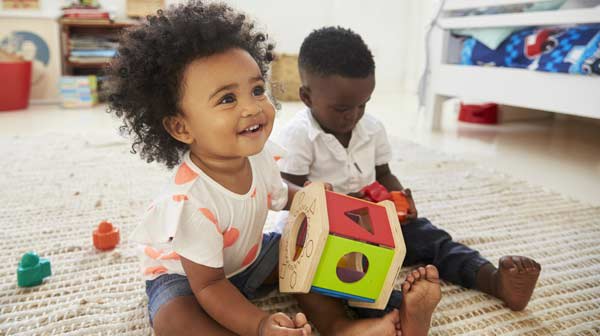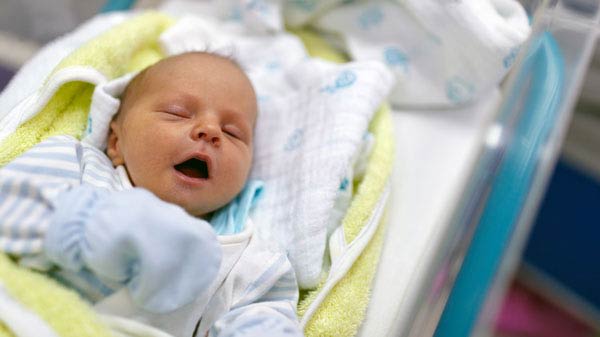15 benefits of baby carriers that you need to know
Baby carriers promote deep connection between parents and babies, as well as making outings easier. Learn more about them.
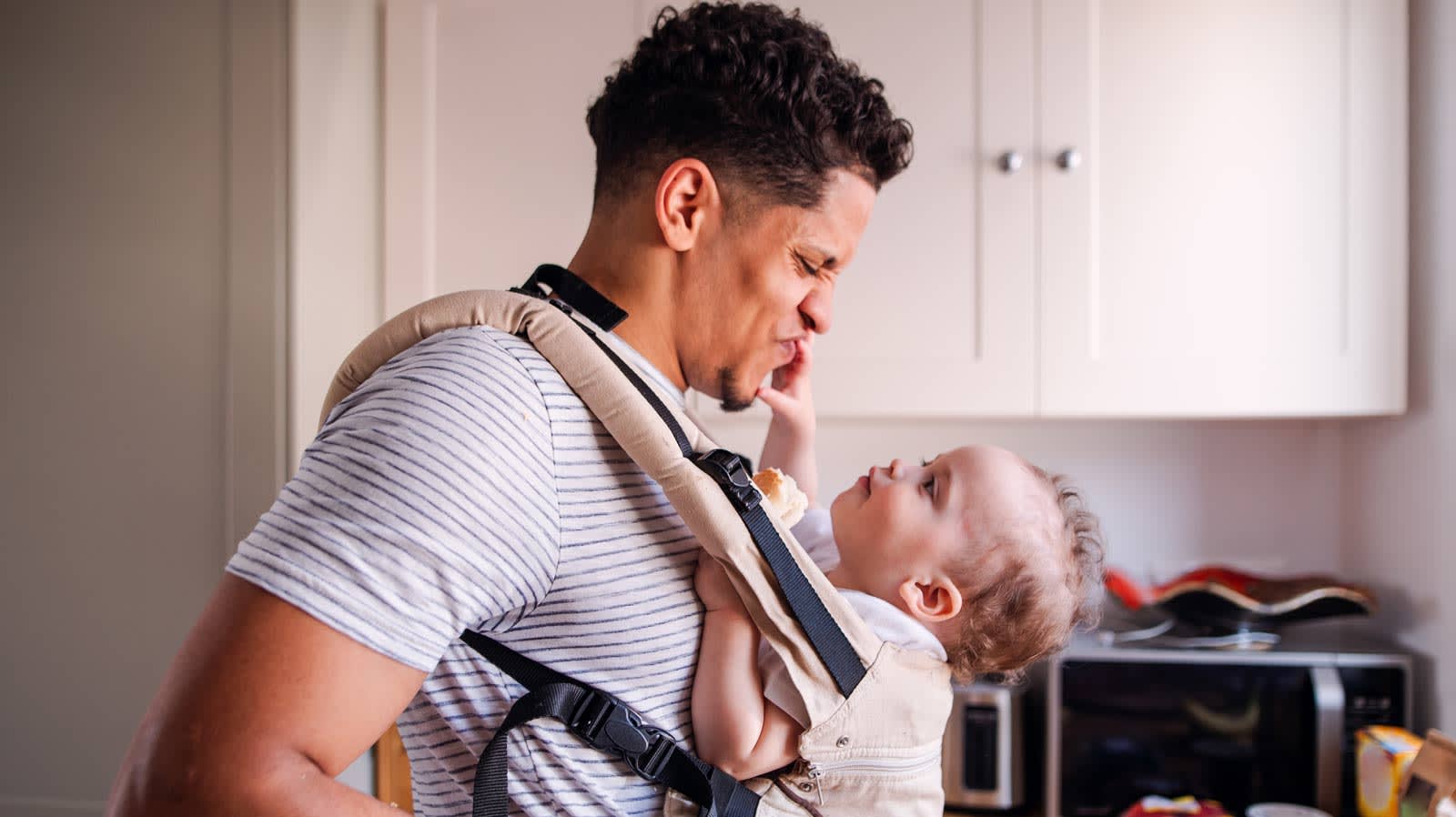
The practice of babywearing, of carrying the baby close to the body, is the oldest method of baby transport. It arose with the use of cloths and fabrics that, when tied, form a bag for the baby's transport. Today, in addition to cloths and fabrics, there are also ergonomic backpacks that serve the same purpose.
Baby carriers have gained popularity in recent years, mainly after the publication of scientific studies that prove the benefits that carrying close to the body of parents brings to the development of babies and children. See what the benefits are:
1. Strengthens the bond with the baby
The use of baby carriers allows the baby to feel the warmth and hear the mother's heartbeat, the baby did before birth. The constant contact between the baby's body and the mother's body is related to the strengthening of the bond between mother and child.
2. Babies cry less and are less agitated
A study done by pediatricians in 1986 found that babies carried in baby carriers can reduce crying by up to 54%. In addition, the continuous touch, frequent breastfeeding and always alert mother, make babies less agitated.
3. It helps the baby's physical development
The tactile stimulus on the baby's body promoted by the movement of the mother's walk, promotes weight gain and increased bone density in the baby.
4. Mothers are more attentive to the baby
Studies have shown that mothers who use baby carriers to transport their children are more attentive to the behaviors and signals emitted by the baby.
5. Reduction in symptoms of reflux and improved digestion.
As babies are in a sitting position (with the proper support for the spine and neck), they have fewer refluxes, vomiting and coughing, reducing also respiratory problems.
The tactile stimulation promoted by the transport with the use of a baby carrier releases hormones responsible for the absorption of food in babies, improving their digestion.
Studies have shown that the babies of mothers who use baby carriers cry less.
6. Baby carriers reduce the incidence of middle ear infections
Middle ear infections are infections of the middle ear. Reflux can deposit stomach acid in the middle ear canal of the baby and leave him exposed to the risk of infection. Baby carriers reduce the symptoms of reflux.
7. Helps with postpartum depression
Postpartum depression is a common illness and can affect 20 to 35% of women. A 1996 study concluded that babies respond positively to more physical contact, even in cases where the mother is suffering from postpartum depression.
In addition, studies have also shown that mothers who spent 5 hours in physical contact with their baby, during the first week of life, reported significant improvements in the degree of postpartum depression.
Keep in mind that baby carriers can help, but they are not a cure for postpartum depression. Seek medical help immediately if you experience any symptoms related to this illness.
8. Increases breastfeeding rates
It has been found that mothers who use baby carriers for at least 1 hour a day during the first month of the baby's life have significantly higher breastfeeding rates.
9. Relaxation and wellbeing for mother and baby
The touch and exchange of human warmth stimulate the production of oxytocin, which is a hormone related to stress reduction, lowering of blood pressure and decrease of cortisol levels.
10. Similar to the mother's womb.
After birth, the baby's world changes completely and this generates a great deal of stress on their body. Baby carriers completely enclose the baby's body and resemble the mother's womb, making the transition easier.
11. Babies feel their parents' constant presence
They recognise the physical separation from their mothers and often cry when they are away and settle down when they return to their mother's lap. This is a natural instinct and baby carriers give babies a sense of constant proximity.
Mothers and babies synchronize their heartbeats when they are in contact. With the use of a baby carrier, babies feel better the presence and contact of the mother, through their heartbeat, their heat and their voice.
12. Humans are adapted to the ergonomics of babywearing
Biology defines 3 classifications for mammals in relation to their child-rearing behaviour after birth. Humans, like monkeys, are considered "carriers", as they carry their young when they are small. There are also "nestlers", who hide their young in a safe place, and others who turn their children into "followers" of their parents and start walking and following them almost immediately after birth.
13. Reduces the risk of plagiocephaly
Plagiocephaly or flat head syndrome is characterized by the modification of the shape of babies' heads. As they still have bones in formation, when babies spend a lot of time lying down, prolonged support of the head in the same position can cause this disorder. With the use of baby carriers, babies tend to spend more time sitting, thus reducing the risks of plagiocephaly.
14. More comfortable for the mother
The baby carrier facilitates transport. The burden of carrying a baby in your arms can be up to 16% greater than when using a baby carrier. In addition, the mother has her hands free for other tasks.
15. Increases parental confidence
Studies show that mothers who use baby carriers reported greater confidence and competence in their parenting skills.
